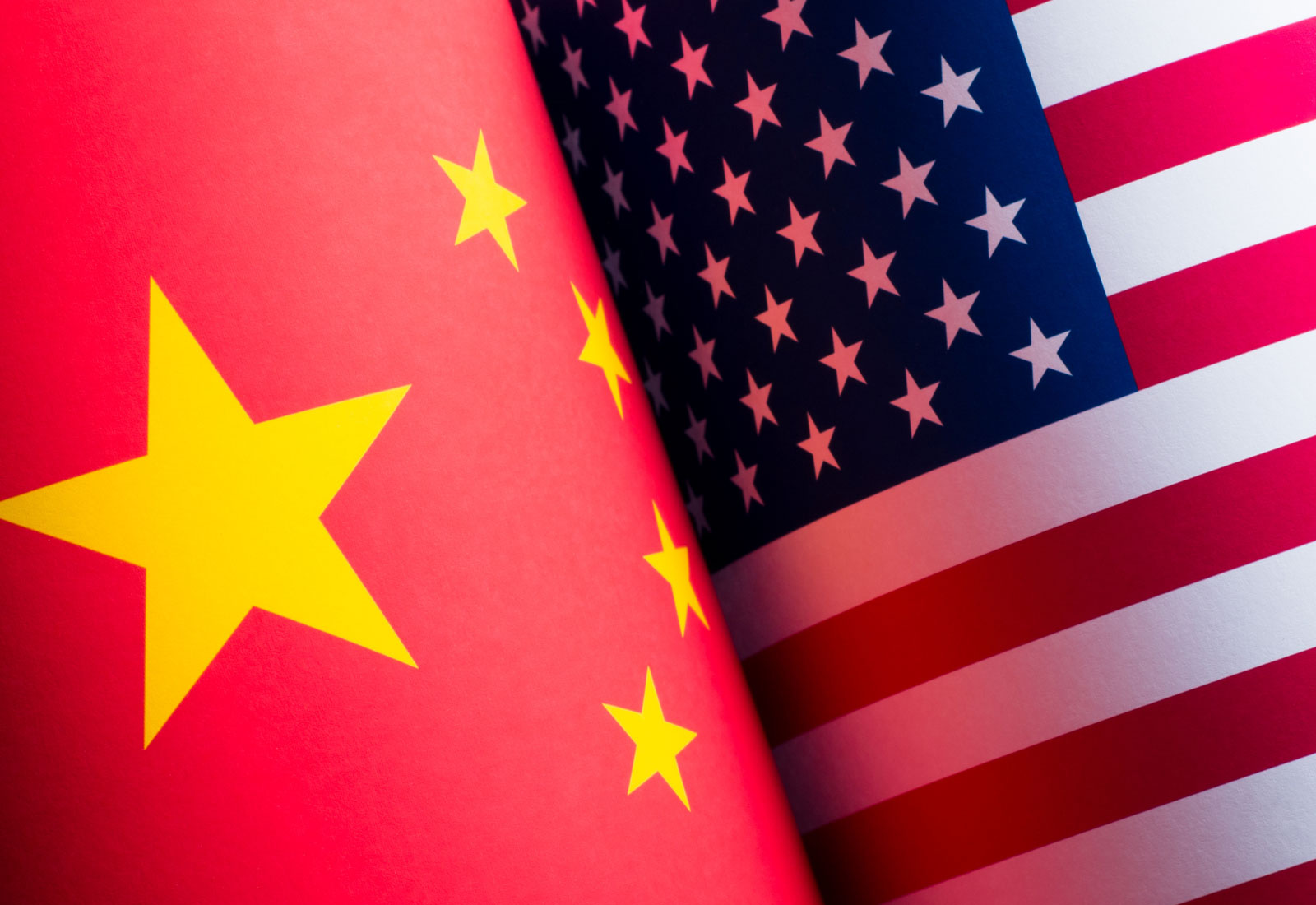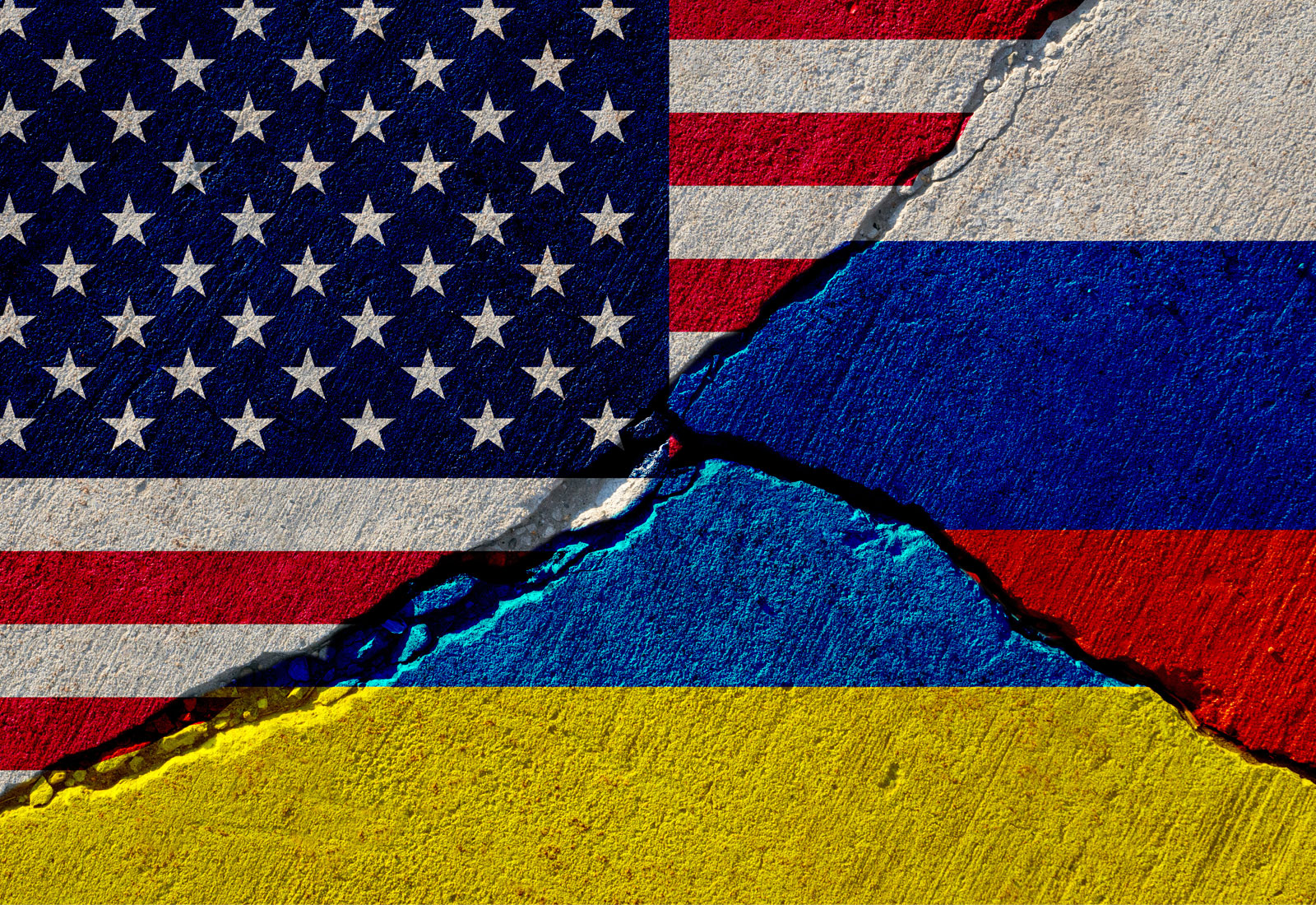The Kissinger Center Papers
The Kissinger Center Papers is a project of the Henry A. Kissinger Center for Global Affairs and the America in the World Consortium, with the support of the Special Competitive Studies Project (SCSP). Edited by Professors Hal Brands and Frank Gavin, these papers explore the future of war and conflict - its causes and consequences - and how it will be similar to or vary from the past.

Technology, Complexity, Uncertainty, and Deterrence
In a future high-end, conventional conflict featuring advanced technologies and networked weapons and sensors, actions in different domains—on the ground, in the air, at sea, in space, and in cyberspace—would interact in complex ways...

Special Operations Forces in an Era of Great Power Competition
The missions are changing, the priorities are changing, and the authorities are changing. This statement is the clearest way to get the attention of special operations warriors who, in the midst of repeated deployments and counterterrorism training work-ups...

Secrecy in the Liberal Order
The liberal international order, if such a thing exists, relies on institutional solutions to international problems. Institutions codify the norms of acceptable and unacceptable conduct, provide a gathering place to coordinate action and resolve disputes, and generate information about...

The Flaws of Defensive Realism and the False Promise of Re-engaging China
As U.S.-China relations have become more hostile than at any time in the past fifty years, a prominent group of analysts and former government officials have called for the United States to re-engage China to prevent...

Deterrence Through AI-Enabled Detection and Attribution
Throughout the Cold War, deterrence theory served as the guiding concept for much of U.S. strategy. Today, however, many practitioners struggle to turn deterrence theory into an effective strategy. While the theory remains fundamentally sound, operations...

The Exculpating Myth of Accidental War
The risk of war by miscalculation is a popular scholarly subject and a frequent concern of policymakers. Theories of war by miscalculation assume either ignorance by decisionmakers, bad faith by policy participants (usually the military), or a mechanistic series of exchanges...

Engage, Contain, Exclude, or Coexist?: How Liberal Democracies Cope with Illiberal Great Powers
A defining feature of the modern era is the rise and spread of liberal democracy. In the late-eighteenth century, the American and French revolutions marked the emergence of polities based on popular sovereignty...

Escalation Management in Ukraine: Assessing the U.S. Response to Russia’s Manipulation of Risk
Russia’s invasion of Ukraine has raised anew difficult questions of escalation management between nuclear powers. During the last three decades, leaders in Washington and Brussels believed that these complex strategic...

How Private Tech Companies Are Reshaping Great Power Competition
Big Tech is changing great power competition and may well decide the outcome. Yet many observers treat the role of large technology companies as if it were an afterthought to the military contest between China, Russia, and the United States...

Authoritarian Adaptation and Great Power Competition
The United States and its liberal partners—notably Japan, the European Union (EU), and the United Kingdom (UK)—have entered an era of great power competition against authoritarian states. Over the past decade, Russia has been using various tools of statecraft...

American Deterrence Unpacked
The United States is at a crossroads in terms of its ability to employ the most fundamental, yet immensely important, weapon in its foreign policy arsenal: deterrence. Thanks to rosy assumptions that clear intelligence, conventional military superiority...
